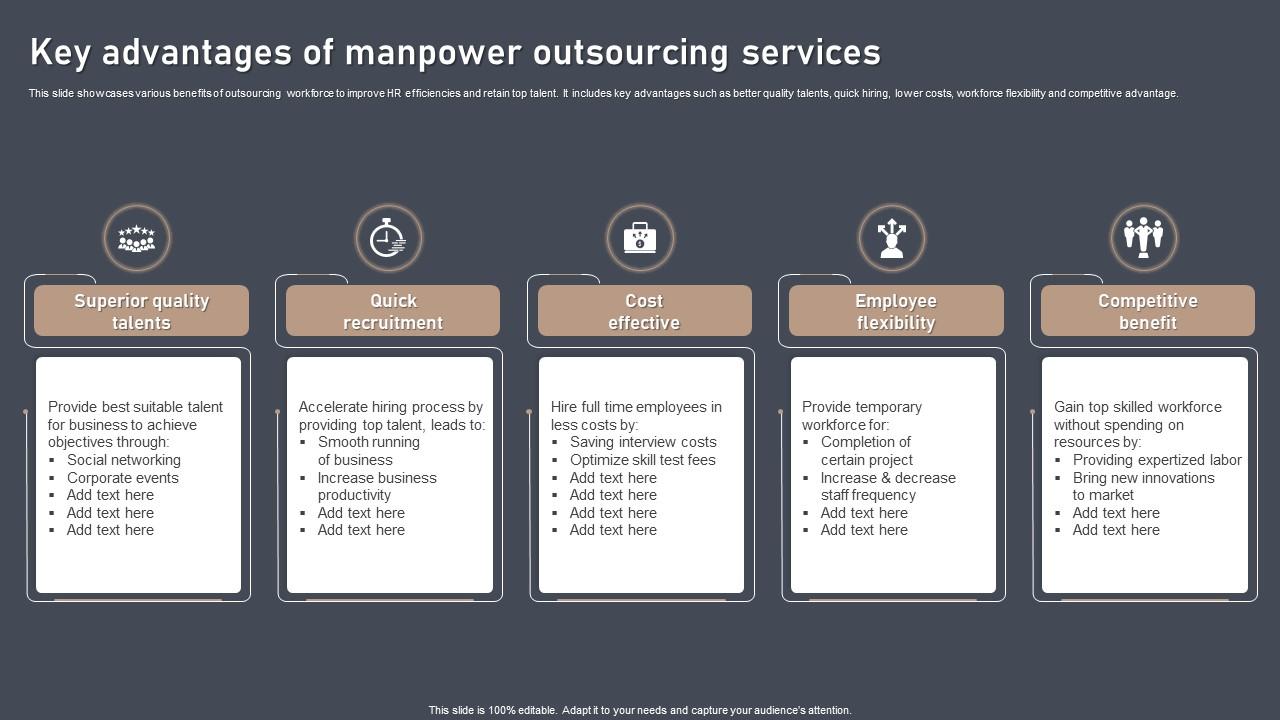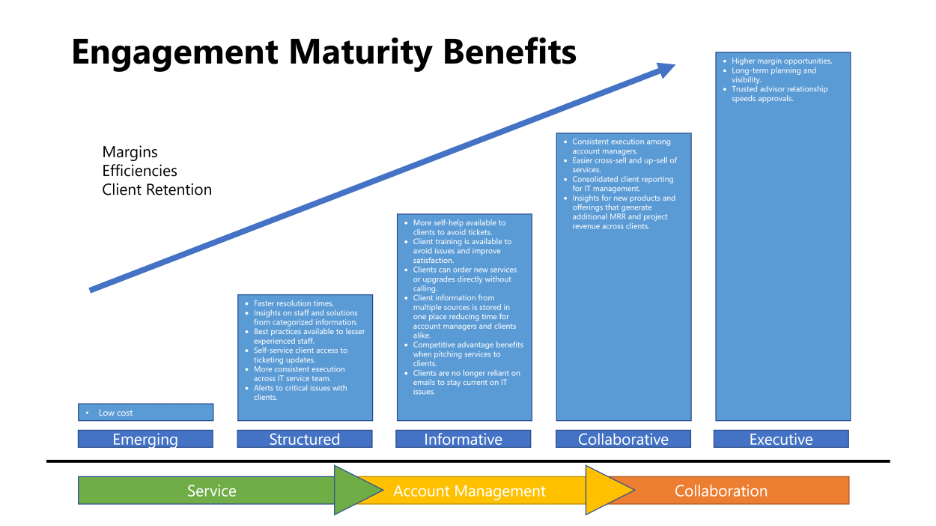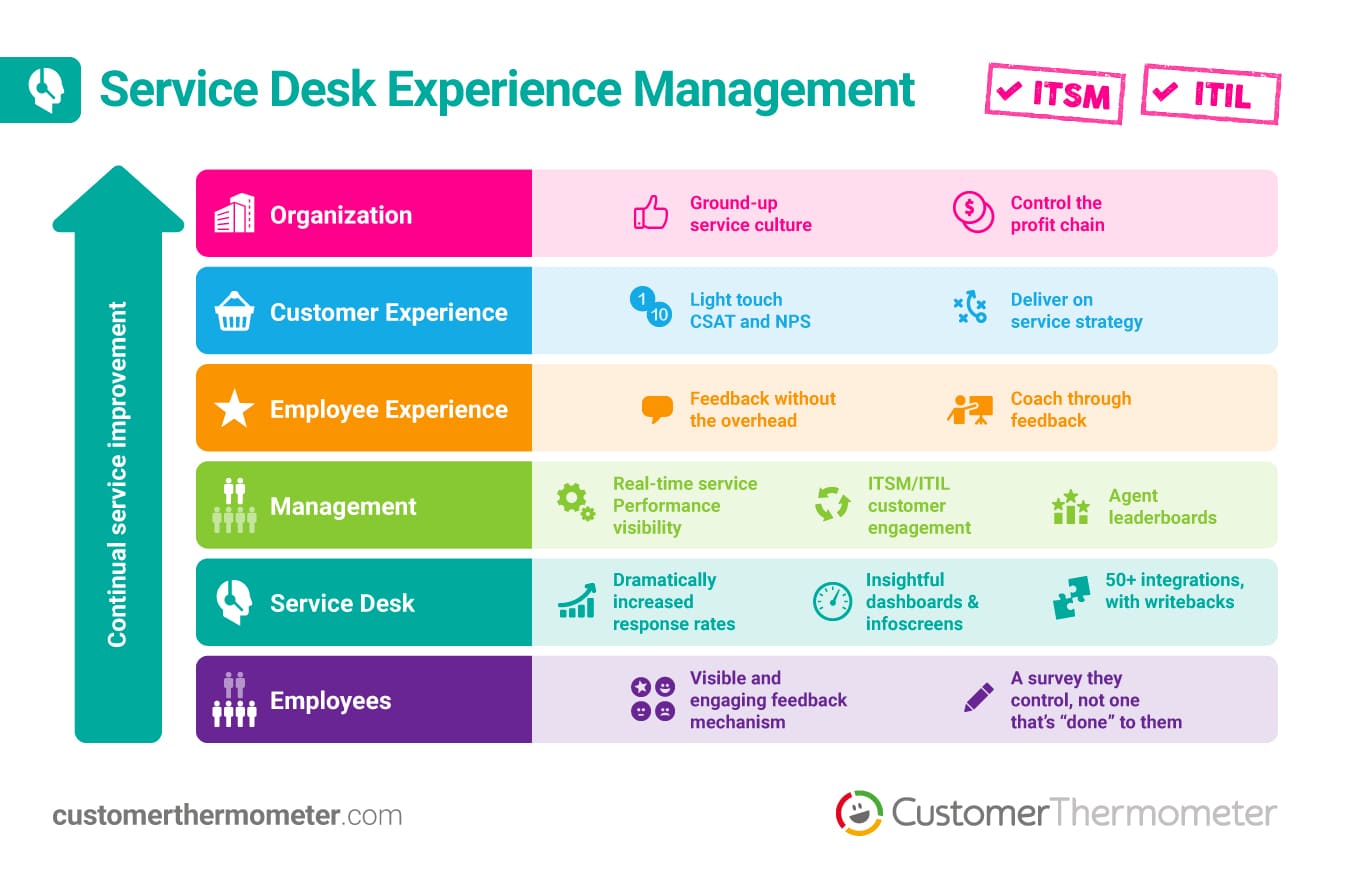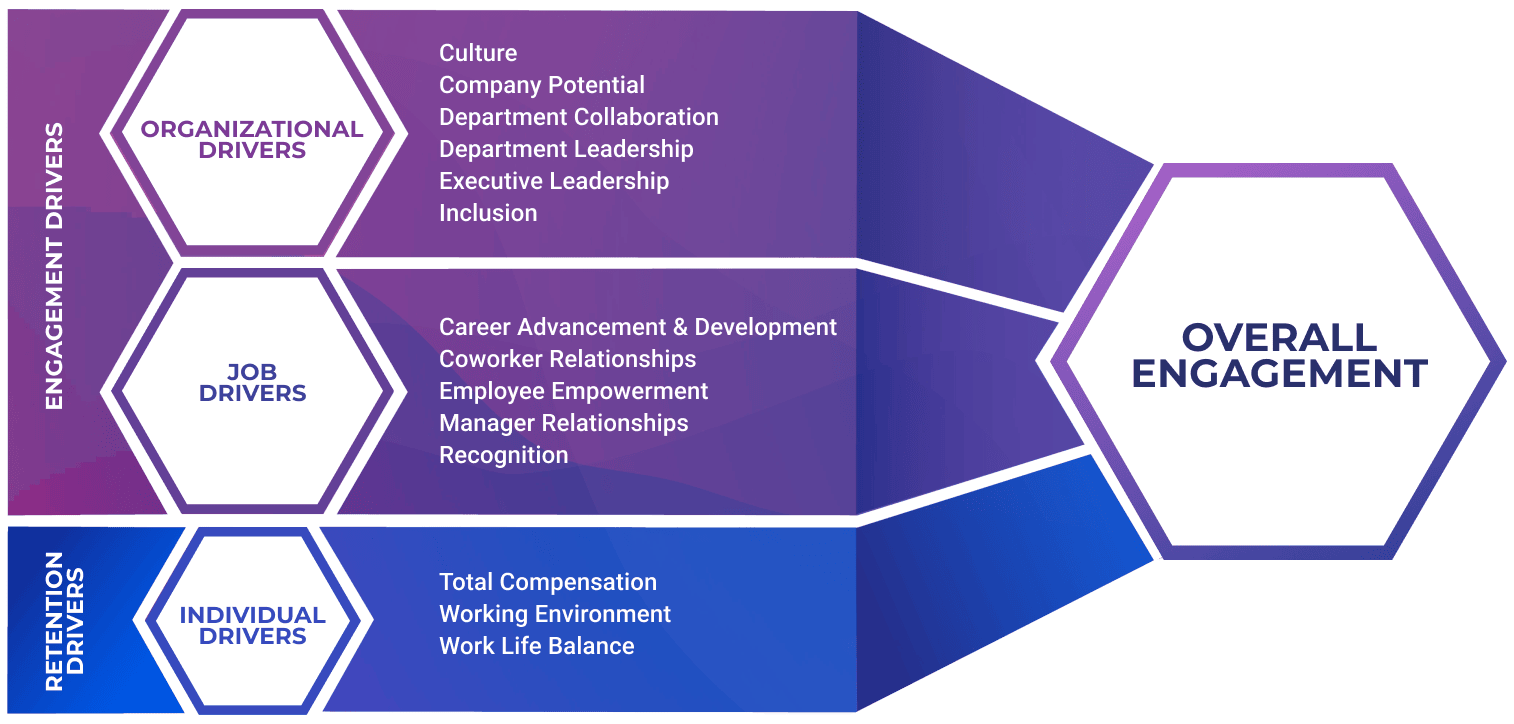
29sixservices
اضافة الى المراجعة تابعملخص
-
تاريخ التأسيس 18 مارس، 1916
-
المجالات الوظيفية وظائف القطاع العسكري
-
الوظائف المنشورة 0
-
شاهد 59
وصف الشركة
Understanding Legal and Compliance Aspects in Your Outsourcing Journey
This post is a submission by Managed Services Partners. Managed Services Partners is an outsourcing agency with over 6 years of experience assisting companies enhance and drive development.
Embarking on the outsourcing journey is an undertaking that numerous organizations carry out to enhance performances, minimize expenses, and take advantage of specialized skill.
However, along with these prospective benefits come a host of legal and compliance intricacies that should be thoroughly navigated to ensure the success and sustainability of outsourcing initiatives.
This comprehensive guide will explore essential legal and compliance considerations, with a focus on information personal privacy laws, non-disclosure agreements (NDAs), non-compete clauses, and the critical function of versatility in today’s vibrant company environment.
The outsourcing landscape
Outsourcing is more than a technique for offloading non-core tasks; it is a transformative technique that can improve a company’s flexibility and competitiveness.
Whether it’s IT services, customer assistance, producing processes, or human resources, outsourcing can use a substantial edge. Companies that effectively outsource can focus on core organization operations, drive development, and gain access to top skill without the overhead expenses of full-time work.
However, this journey is not without its legal and compliance challenges. Companies need to be mindful of the intricacies surrounding the transfer and management of data, the defense of intellectual home (IP), and the upkeep of regulatory compliance.
Given the international nature of outsourcing, businesses should also think about cross-border legal ramifications, which might differ significantly depending on the country where the outsourcing provider runs.
Understanding these elements is necessary in making sure that contracting out collaborations align with a business’s strategic goals while reducing possible legal dangers.
In numerous cases, services that neglect legal and compliance considerations face costly disputes, loss of delicate information, or reputational damage that can take years to recover from.
Importance of legal considerations
Outsourcing naturally involves legal factors to consider that are necessary to securing a business’s interests. At the leading edge is the need to secure sensitive details. Companies need to comprehend and follow data privacy laws that govern the jurisdictions in which they run.
This is especially vital as information breaches can lead to severe punitive damages and reputational damage.
Furthermore, copyright rights must be plainly specified in contracting out arrangements to prevent unapproved use or misappropriation of exclusive properties. If these rights are not effectively developed, a service might lose control over vital innovations or personal service processes.
For companies operating in highly controlled industries such as health care, financing, or legal services, compliance requirements are a lot more stringent.
Complying with regulations such as the General Data Protection Regulation (GDPR) in Europe or the Health Insurance Portability and Accountability Act (HIPAA) in the United States is essential to preventing legal complications.
Non-Disclosure Agreements (NDAs) and non-compete stipulations
When outsourcing, business often share exclusive info with external provider.
To protect this valuable information, NDAs are used. These contracts are developed to prevent the unapproved dissemination of secret information, thereby securing the business’s competitive advantage.
NDAs need to be detailed and lawfully binding, plainly describing what makes up secret information and the obligations of both parties in dealing with delicate information. Businesses ought to also ensure that their NDAs consist of arrangements for legal option in case of breaches.
Similarly, non-compete provisions can be included to prevent provider from exploiting delicate knowledge acquired during the outsourcing partnership to benefit a competitor. This is especially crucial when outsourcing freelancers or firms that may have several customers in the same market.
However, the enforceability of non-compete stipulations can differ significantly depending on the jurisdiction. Some areas have rigorous guidelines limiting the scope and period of such stipulations.
Therefore, it’s vital for companies to seek advice from legal professionals with experience in the pertinent legal frameworks to prepare effective arrangements.
Contracts: Setting the foundation
Contracts serve as the blueprint for the contracting out partnership, defining functions, responsibilities, deliverables, and timelines. They likewise outline the legal and compliance expectations for both parties.
A well-structured agreement should deal with a number of crucial elements:
Scope of work: Clear and in-depth descriptions of the services to be provided, consisting of quality standards and performance metrics.
Data security: Specific stipulations associated with data defense, data transfer procedures, and breach notification protocols to make sure adherence to personal privacy laws.
Copyright rights: Provisions that develop ownership of IP developed throughout the partnership, and terms that protect pre-existing IP.
Termination stipulations: Terms that deal with the possible end of the outsourcing relationship, including notification periods and conditions under which termination can occur without charge.
Additionally, businesses must think about executing service-level arrangements (SLAs) to guarantee responsibility and performance tracking. SLAs specify quantifiable standards that the outsourcing provider must meet, supplying companies with recourse if expectations are not satisfied.
Engaging with service companies
Consulting with prospective company throughout the early phases of the contracting out journey is a tactical move. This engagement enables business to gauge the supplier’s capability to satisfy legal and compliance requirements.
Thorough vetting processes, such as requesting references, reviewing previous projects, and assessing compliance certifications, can supply valuable insights into the supplier’s reliability and adherence to market requirements.
Businesses ought to likewise assess the financial stability of prospective contracting out partners.
A provider that faces financial difficulties might not have the ability to maintain operations long-lasting, posturing a danger to continuous projects. Conducting due diligence beforehand can prevent future disturbances.
The function of versatility in legal and compliance methods
Adaptability is a vital component of effective outsourcing, particularly when it comes to browsing progressing legal landscapes. Regulations and market conditions can alter quickly, making it crucial for business to remain agile.
Building versatility into agreements and developing processes for continuous compliance monitoring can assist businesses adjust to brand-new legal requirements and maintain an one-upmanship.
For circumstances, if a business is contracting out consumer assistance operations to multiple countries, they need to make sure compliance with various national laws regarding customer security and data privacy.
Regularly updating policies and agreements in response to legislative modifications can avoid legal pitfalls.
Real-world considerations and finest practices
To make sure legal and compliance success in outsourcing, companies should embrace the following best practices:
Regular audits and evaluations
Conduct periodic audits and assessments to ensure that service companies remain compliant with legal and regulatory requirements. This proactive technique can assist recognize prospective spaces before they intensify into significant concerns.
Training and awareness
Educate employees and outsourced groups on data security practices and legal commitments. This ensures that everybody involved in the outsourcing journey comprehends the value of compliance and the role they play in protecting details.
Collaboration and communication
Foster a collective relationship with service providers. Open lines of communication can help deal with compliance concerns promptly and help with joint analytical efforts.
Crisis management preparation
Have contingency plans in place in case of security breaches, agreement disagreements, or company failures. A well-structured crisis management strategy guarantees that services can quickly respond to obstacles without significant disruptions.
Legal compliance for outsourcing success
Understanding the legal and compliance aspects of outsourcing is important for organizations wanting to take advantage of external capabilities while protecting their interests. By focusing on essential locations such as data privacy, NDAs, non-compete stipulations, intellectual residential or commercial property rights, and versatility, business can efficiently browse the outsourcing landscape.
Successful contracting out hinges on a collective technique between the business and its provider. Building trust and preserving transparent communication can result in effective problem-solving and a shared commitment to compliance.






